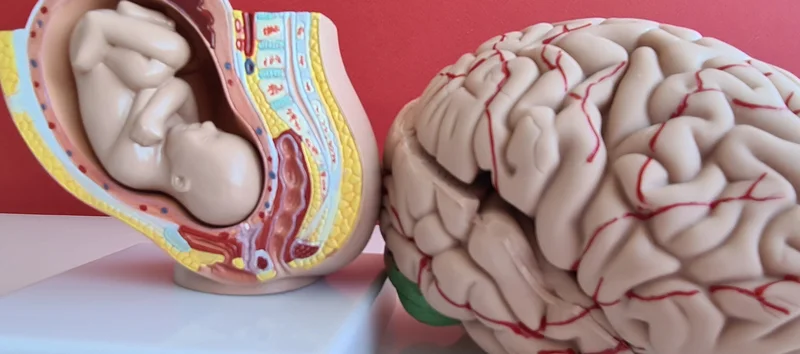Mental Blackouts: Causes, Symptoms, and Coping Strategies

Epilepsy affects approximately 1% of the global population, with around 70 million people worldwide living with the condition. Nearly one-third of these individuals have refractory epilepsy, meaning their seizures do not respond well to medication. PNES is considered a type of non-epileptic attack disorder (NEAD) and is often misdiagnosed as epileptic seizures. Unlike epileptic seizures, PNES is triggered by emotional stress rather than neurological dysfunction. This distinction is important because effective treatment for PTSD and complex PTSD can significantly reduce PNES episodes.

How Does Stress Cause Blackouts Through Brain Function?
Without sufficient restorative sleep, even mild stress can escalate into significant cognitive disturbances. While the impact of PTSD on memory can be significant, there are various approaches to managing and treating these issues. A comprehensive treatment plan typically involves a combination of therapeutic interventions, medication, and lifestyle changes. When the triggers occur, it only progresses to an intense hopeless feeling, when I feel weakened at the knees, and I just want to roll up in the shower and cry.” — Erika D. Creating a safe environment is also important, especially if your blackouts are related to substance abuse or neurological conditions. This might involve removing potential triggers from your home or workplace, or making sure you have a safe place to retreat to when you feel a blackout coming on.
- Studies estimate that between 50% to 80% of people with PTSD experience some form of dissociative symptoms.
- Several theories have been proposed to explain the potential existence of repressed memories.
PTSD and Seizures: The Complex Relationship and Connection Explained
- Future directions in research may include more sophisticated neuroimaging techniques to study memory processes, as well as the development of more targeted and effective treatments for trauma-related disorders.
- Borderline personality disorder (BPD) is one of the mental health conditions commonly caused by past trauma.
- This high prevalence underscores the strong connection between trauma and dissociation, highlighting the need for comprehensive assessment and treatment approaches that address both aspects of these interrelated conditions.
- Recognizing these symptoms early allows individuals to sit down or lie down before losing consciousness, reducing the risk of injury from falls.
- While this is adaptive in the short term, chronic elevation of cortisol levels, as seen in PTSD, can have detrimental effects on brain function.
Learn more about NIMH newsletters, public participation in grant reviews, research funding, clinical trials, the NIMH Gift Fund, and connecting with NIMH on social media. Emotional responses vary; some might feel embarrassed while others express concern over their safety during such can ptsd cause blackouts episodes. Each diagnostic step aims at pinpointing what causes you to black out specifically for that individual. Reach out today to explore your treatment options and take the first step toward recovery. The prefrontal cortex’s diminished activity also limits working memory capacity making it harder to hold information temporarily during stressful moments.

Chiari Malformation and Mental Illness: Exploring the Potential Connection
In the meantime, arm yourself with knowledge, surround yourself with support, and remember that your mind is resilient. With the right tools and strategies, you can navigate the foggy waters of mental blackouts and emerge what is Oxford House stronger on the other side. This could range from anti-anxiety medications to drugs that target specific neurological conditions. Think of these as reinforcements for your brain’s natural defenses, helping to shore up any weak spots in your mental fortifications.

Can stress cause fainting?
Seizures can be frightening and disruptive, but not all seizures are the same. For patients with epilepsy, understanding what causes their seizures is essential for getting the right treatment. However, seizures don’t always stem from abnormal electrical activity in the brain. Research suggests that PTSD can affect areas of the brain that control memory and fear, leading to episodes that look like epileptic seizures but are caused by extreme stress rather than electrical activity in the brain. PTSD is a psychiatric disorder that develops after experiencing or witnessing a traumatic event, such as an assault, accident, combat exposure, or natural disaster.
The Impact of Cultural Factors on PTSD Blackouts

Stress-related blackouts typically occur in correlation with stressful triggers and lack other neurological symptoms like seizures or prolonged unconsciousness. Another promising therapeutic approach is Eye Movement Desensitization and Reprocessing (EMDR). To understand why PTSD causes memory loss, we need to delve into the neurobiological changes that occur in the brain as a result of trauma.
Recommended Posts
100% bonus do 1500 zł + 100 FS
June 9, 2025

